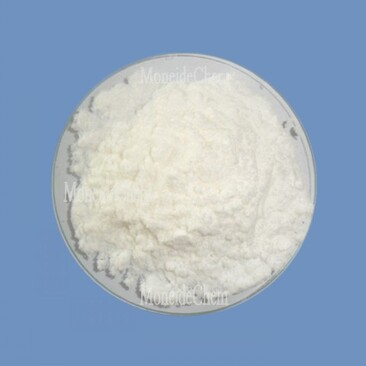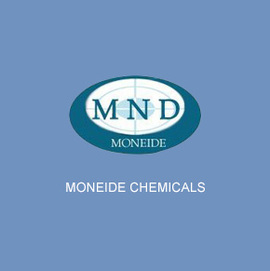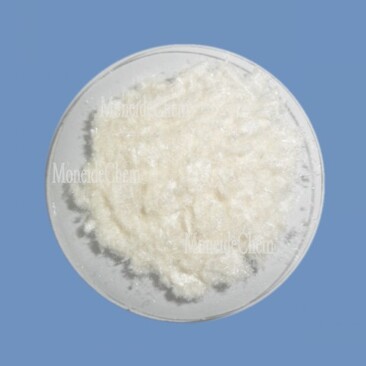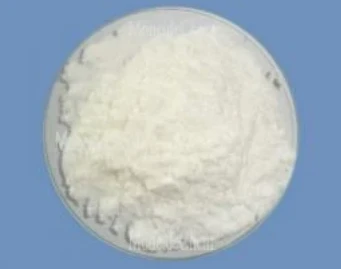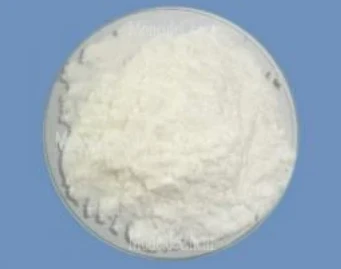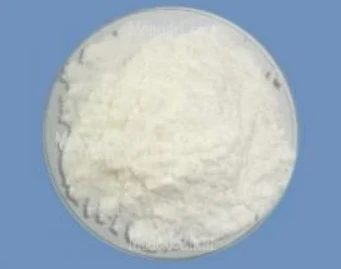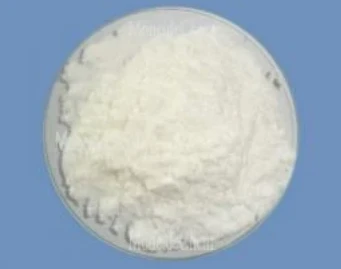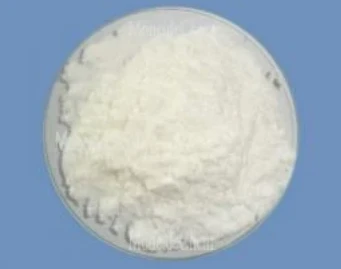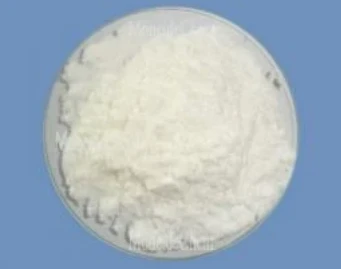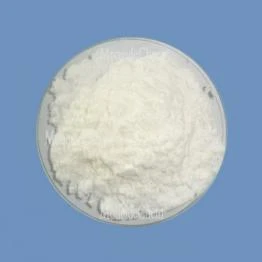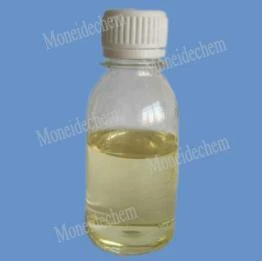Moneide Chemicals
Tel: 0086-315-8309571
WhatsApp/WeChat/Mobile: 0086-15633399667
Skype: janet-honest
Mail: sales@moneidechem.com
Address: 2-7-523 Jidong Building Materials Commercial Center, Tangshan, Hebei 064000 China
The Essential Role of Specialized Plating Chemicals in Industrial Surface Treatment
- Time of issue:5 сар . 16, 2025 14:06
(Summary description)Tangshan Moneide Trading Co., Ltd. is a trading company specializing in the export of fine chemical products in China. Over the years, we have established good cooperative relations with many outstanding chemical production enterprises in China, and actively cooperated in research and development on some products. Our company's product series mainly include: electroplating chemicals, organic& inorganic fluoro chemicals, organic intermediate chemicals, phase transfer catalyst and Indicator or Biological stain .
- Categories:Company dynamic
- Author:
- Origin:
- Time of issue:2019-12-30 10:55
- Views:
In the dynamic field of electroplating and surface engineering, specific chemical formulations are pivotal for achieving optimal coating properties, durability, and efficiency. Compounds such as nickel plating chemical, nickel sulfate electroplating, nickel sulfate plating, nickel sulphate electroplating, and non cyanide copper plating are cornerstones of modern plating processes, each offering unique advantages for different applications. Nickel plating chemical is a critical component in electroplating baths, enabling the deposition of a uniform, corrosion - resistant nickel layer on various substrates. These chemicals typically include nickel salts, buffers, and additives that regulate pH and enhance plating efficiency. For instance, in the automotive industry, nickel plating chemical is used to coat engine components, providing resistance to high temperatures and chemical exposure. The versatility of nickel plating chemical also makes it suitable for decorative applications, such as enhancing the aesthetic appeal of consumer electronics while protecting against wear and tear. By controlling the composition of the plating bath, manufacturers can achieve desired surface finishes, from matte to high - gloss, ensuring both functional and visual performance. Nickel sulfate electroplating is a widely adopted method for depositing nickel layers with precise thickness and consistency. Nickel sulfate, as the primary salt in the bath, provides a stable source of nickel ions, facilitating uniform metal deposition. This process is particularly valued in industries requiring high - purity coatings, such as aerospace and medical device manufacturing. In nickel sulfate electroplating, the bath’s conductivity and pH are carefully monitored to prevent defects like pitting or uneven growth. The resulting nickel layers exhibit excellent hardness and adhesion, making them ideal for components that undergo mechanical stress or need to withstand harsh environmental conditions. Nickel sulfate plating offers a balanced approach to achieving durable and functional coatings across various metals. The use of nickel sulfate as the key electrolyte allows for flexibility in adjusting plating parameters, such as current density and temperature, to suit different substrate materials. In industrial settings, nickel sulfate plating is commonly used to protect steel parts from rust, as the nickel layer acts as a barrier against moisture and oxygen. Additionally, in the production of electrical connectors, this plating method ensures excellent conductivity and resistance to oxidation, maintaining reliable electrical performance over time. The simplicity and effectiveness of nickel sulfate plating make it a preferred choice for both large - scale industrial applications and smaller - scale custom plating jobs. Nickel sulphate electroplating (using the British English spelling of “sulphate”) is a globally recognized process for depositing high - quality nickel coatings. This method is identical in functionality to its “sulfate” counterpart, with the spelling variation reflecting regional terminology. In international manufacturing, nickel sulphate electroplating is used in applications ranging from automotive parts to architectural hardware. The chemical’s solubility and stability in aqueous solutions make it easy to integrate into existing plating lines, reducing downtime and maintenance costs. By adhering to strict quality control measures in nickel sulphate electroplating, manufacturers can achieve consistent coating properties, ensuring compliance with international standards for corrosion resistance and mechanical performance. Non cyanide copper plating has gained prominence as an environmentally friendly alternative to traditional cyanide - based processes. This method uses organic chelating agents, such as ethylenediaminetetraacetic acid (EDTA), to complex copper ions, eliminating the use of highly toxic cyanide salts. In the electronics industry, non cyanide copper plating is essential for coating printed circuit boards, providing excellent electrical conductivity without compromising worker safety or environmental health. The process also offers improved throwing power, allowing copper to deposit evenly on complex geometries. As global regulations on hazardous chemicals tighten, non cyanide copper plating has become a standard practice, balancing performance with sustainability goals. When selecting nickel plating chemical, factors such as substrate material, desired coating properties (e.g., hardness, gloss), and environmental conditions play a crucial role. For example, in marine applications, a nickel plating chemical with enhanced resistance to chloride corrosion would be preferred. Additionally, the compatibility of the chemical with existing plating equipment and the ease of waste treatment should be evaluated to ensure operational efficiency and regulatory compliance. Non cyanide copper plating offers several key benefits, including reduced toxicity, simplified waste management, and improved safety for workers. The absence of cyanide eliminates the need for specialized handling and disposal procedures, making the process more cost - effective in the long run. Moreover, advancements in chelating agent technology have enabled non cyanide copper plating to achieve comparable or superior coating quality to cyanide - based methods, driving its adoption across industries. To ensure consistent results in nickel sulfate electroplating, regular maintenance of the plating bath is essential. This includes monitoring and adjusting pH levels, filtering out impurities, and replenishing nickel sulfate and additives as needed. Proper bath maintenance prevents issues like dendritic growth or reduced plating speed, ensuring the longevity of the equipment and the quality of the deposited layers. Nickel sulphate plating can be effectively combined with other plating processes, such as chromium or gold plating, to create multi - layer coatings with enhanced properties. The nickel layer often serves as a base coat, providing adhesion and corrosion resistance, while the topcoat adds specific functionalities like wear resistance or decorative appeal. However, compatibility testing is necessary to ensure that the plating baths do not react negatively with each other, preserving the integrity of the final coating. All plating chemicals, including nickel plating chemical and non cyanide copper plating solutions, should be stored in cool, dry areas away from direct sunlight and incompatible substances. Proper labeling and segregation of chemicals are crucial to prevent accidental mixing and reactions. When handling these chemicals, personal protective equipment (PPE) such as gloves, goggles, and aprons must be worn to minimize exposure risks. In case of spills, immediate containment and cleanup using appropriate absorbents and neutralizing agents are essential to maintain a safe working environment.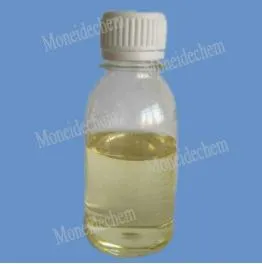
Nickel Plating Chemical: Enhancing Metal Surface Performance
Nickel Sulfate Electroplating: Precision in Electrodeposition
Nickel Sulfate Plating: Versatility in Coating Applications
Nickel Sulphate Electroplating: A Global Standard in Plating Chemistry
Non Cyanide Copper Plating: A Sustainable Approach to Copper Deposition
Key Considerations for Plating Chemical Selection and Application
Factors Influencing the Choice of Nickel Plating Chemicals
Advantages of Non Cyanide Copper Plating over Traditional Methods
Maintaining Optimal Conditions in Nickel Sulfate Electroplating Baths
Compatibility of Nickel Sulphate Plating with Other Coatings
Safety and Storage Guidelines for Plating Chemicals









